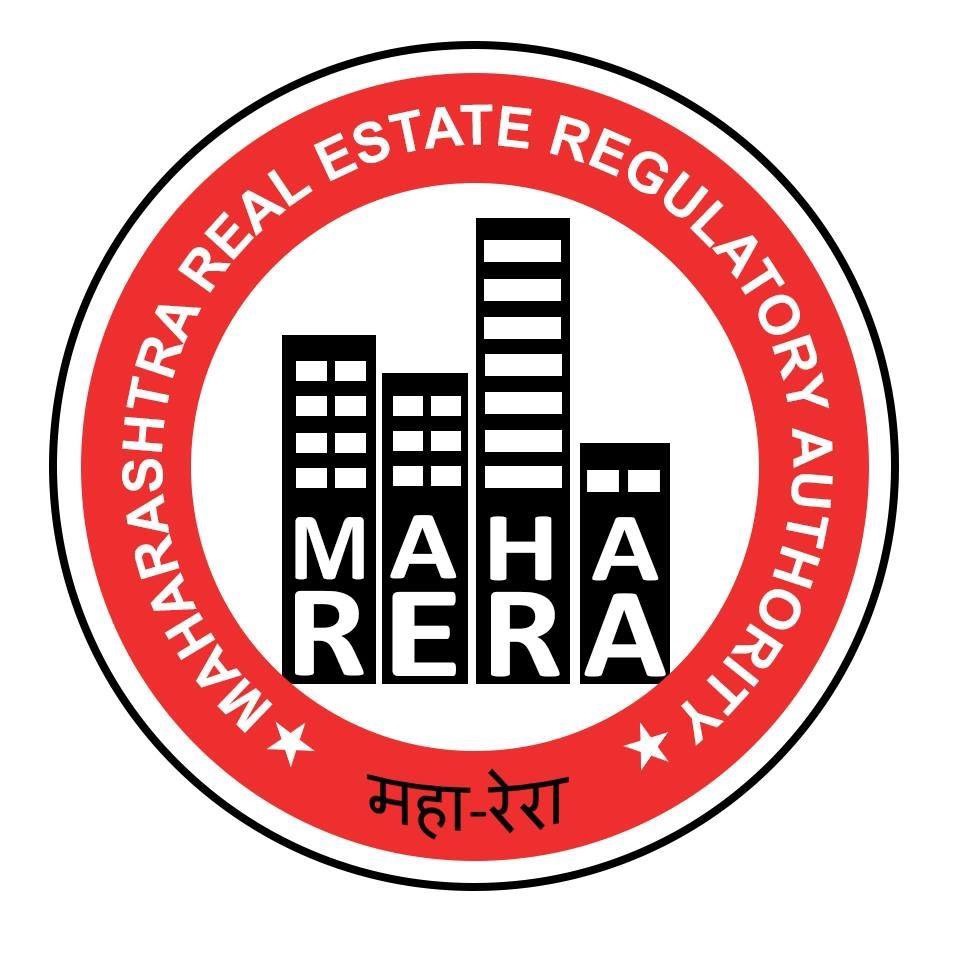In a significant move aimed at boosting residential construction quality, the Maharashtra Real Estate Regulatory Authority (MahaRERA) has mandated that all developers submit a ‘Quality Assurance Certificate’ at the end of each financial year. This new regulation, part of the MahaRERA General (Amendment) Regulations, 2024, was officially published in the Government Gazette and will be enforced immediately.
New Certification Requirement
The ‘Quality Assurance Certificate’ is set to become a key element in ensuring higher construction standards. The certificate will assess various aspects of the construction process, including structural design, stability, material quality, fire safety measures, and the skill level of the workforce. Developers are now required to submit these certificates to MahaRERA and publish them on their websites annually.
This regulatory change follows a comprehensive consultation process initiated by MahaRERA in December 2023. A draft circular outlining the requirements was released for public feedback until May 23, 2024. After incorporating expert opinions and suggestions, the final regulations were established to enhance construction quality and developer accountability.
Strengthening Accountability
Under the new regulations, developers will have to demonstrate adherence to stringent quality control measures throughout all stages of construction. This includes verifying the quality of materials, conducting essential tests, and ensuring compliance with standards set by the Bureau of Indian Standards and other relevant codes. Developers must also document and certify any independent third-party quality checks involved in the project.
The move is designed to mitigate the need for defect rectification, which under current provisions requires developers to address any deficiencies at no cost to the homebuyer for a period of five years. By raising construction standards through the ‘Quality Assurance Certificate,’ MahaRERA aims to make such defect liabilities unnecessary.
Statement from MahaRERA Chairman Ajoy Mehta
“Quality should be a cornerstone in every sector, and the housing industry is no exception. The introduction of the ‘Quality Assurance Certificate’ is a strategic step towards setting a higher benchmark for construction standards. This regulation will drive transparency and accountability, ensuring that developers follow best practices and ultimately provide better quality homes. Our aim is to make the defect liability period irrelevant by preemptively addressing quality issues.”
Implications for Homebuyers and Developers
For homebuyers, the ‘Quality Assurance Certificate’ provides an added layer of confidence, as it ensures that the projects they invest in meet high-quality standards. For developers, the requirement to publicly disclose quality certifications serves as a strong incentive to adhere to best construction practices, thereby enhancing the overall quality of residential projects.
This new regulatory measure is expected to create a more transparent and accountable real estate market in Maharashtra, benefiting both consumers and industry stakeholders alike.








